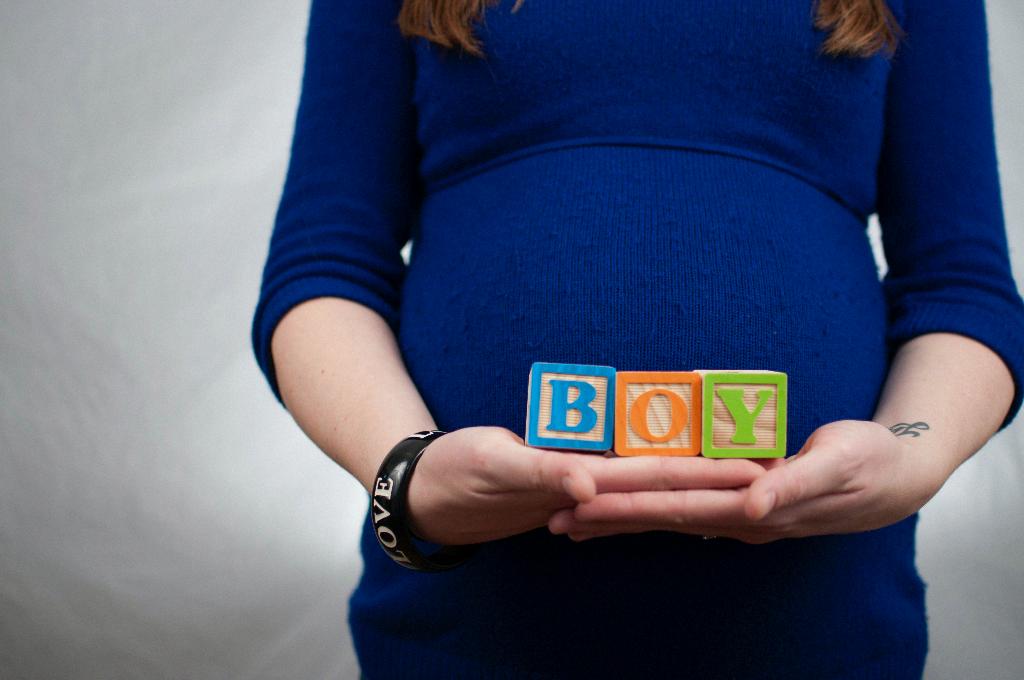Foot pain is a common and often uncomfortable symptom experienced by many pregnant individuals. As the body undergoes significant changes to accommodate the growing baby, the feet bear the brunt of the additional weight and pressure. This can lead to swelling, discomfort, and pain in the feet, making everyday activities challenging.
Causes of Foot Pain in Pregnancy
The main causes of foot pain during pregnancy are the weight gain and changes in posture that occur to support the growing baby. The added weight places strain on the feet, ankles, and knees, leading to discomfort and pain. Hormonal changes that relax the ligaments in the body can also contribute to foot pain as the arch of the foot may flatten, causing further strain.
Managing Foot Pain
There are several effective ways to manage and alleviate foot pain during pregnancy. One of the most important steps is to wear supportive and comfortable footwear that provides cushioning and arch support. Avoid high heels and opt for shoes with a low heel and a wide toe box to prevent further discomfort.
Foot Exercises
Engaging in gentle foot exercises can help strengthen the muscles in the feet and alleviate pain. Simple exercises like ankle circles, toe curls, and calf stretches can improve circulation and reduce swelling. These exercises can be done throughout the day to provide relief.
Rest and Elevation
Resting and elevating the feet can help reduce swelling and alleviate pain. Lie down on your left side and elevate your feet above your heart to promote circulation and reduce pressure on the feet. Taking regular breaks to elevate your feet during the day can also make a significant difference.
Hot and Cold Therapy
Applying hot and cold packs to the feet can help reduce inflammation and numb pain. Use a cold pack to reduce swelling and inflammation, followed by a warm compress to improve circulation and relax the muscles. Alternating between hot and cold therapy can provide relief.
Massage and Foot Soaks
Massaging the feet and soaking them in warm water can help relax the muscles, improve circulation, and reduce pain. Use a gentle massage oil or cream to massage the feet, focusing on the arches and heels. Adding Epsom salts to a foot soak can also help alleviate pain and reduce swelling.
Compression Socks
Wearing compression socks can help improve circulation and reduce swelling in the feet and ankles. These socks provide gentle pressure to help prevent fluid retention and support the muscles in the feet. Wear compression socks throughout the day for continuous relief.
Stay Active
Staying active during pregnancy can help improve circulation, strengthen the muscles, and reduce foot pain. Engage in low-impact exercises like swimming, yoga, or walking to keep the blood flowing and maintain flexibility. Consult with your healthcare provider before starting any exercise routine.
Proper Hydration
Staying hydrated is essential for reducing swelling and maintaining overall health during pregnancy. Drink plenty of water throughout the day to flush out toxins, prevent dehydration, and reduce fluid retention in the feet. Avoid consuming excessive amounts of caffeine, as it can contribute to dehydration.
Healthy Diet
Eating a well-balanced and nutritious diet can help support overall health and reduce foot pain during pregnancy. Include foods rich in vitamins, minerals, and antioxidants to promote circulation and reduce inflammation. Limit your intake of salt, as it can contribute to fluid retention and swelling.
Consult with a Healthcare Provider
If you are experiencing persistent or severe foot pain during pregnancy, it is important to consult with your healthcare provider. They can assess your symptoms, provide personalized recommendations, and rule out any underlying conditions that may be contributing to the discomfort. Your healthcare provider can offer additional resources and support to help manage foot pain effectively.
Conclusion
Foot pain during pregnancy can be a challenging symptom to manage, but with the right strategies and support, it is possible to find relief and alleviate discomfort. By taking care of your feet, practicing self-care, and seeking guidance from your healthcare provider, you can minimize foot pain and enjoy a more comfortable pregnancy journey.

